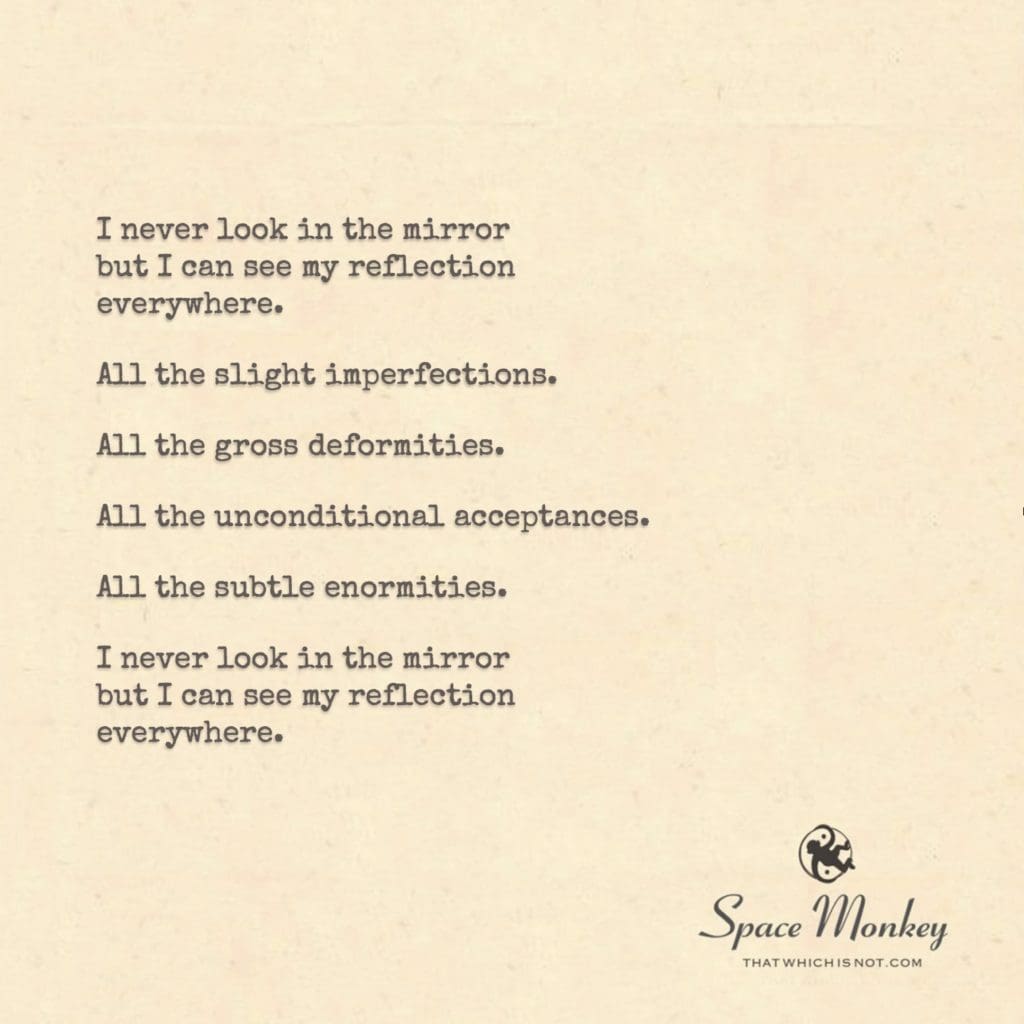
but I’ll never forget how I feel.
I never look in the mirror
but I can see my reflection everywhere.
All the slight imperfections.
All the gross deformities.
All the unconditional acceptances.
All the subtle enormities.
I never look in the mirror
but I can see my reflection everywhere.
Southern 8ths,
4/22
Space Monkey Reflects: The Mirrors of Self-Perception
In the poem “Reflection,” Space Monkey navigates the ethereal landscape of self-perception, revealing that the truest reflections of our essence are not found in the glass of mirrors but in the world around us. This contemplation unfolds a profound understanding of identity, not as a static image, but as a dynamic interplay of how we perceive ourselves amidst the vastness of experiences and interactions.
Beyond the Physical Reflection
The assertion, “I can’t remember my own face, but I’ll never forget how I feel,” captures the essence of our existence beyond physical appearances. It suggests that our true identity is less about the contours of our face and more about the depth of our emotions and experiences. Space Monkey posits that it is in the fabric of feelings—joy, sorrow, acceptance, rejection—that we discover the mirrors reflecting our most authentic selves.
Seeing the Reflection Everywhere
Space Monkey’s revelation that one sees their reflection everywhere but in the mirror invites us to explore the myriad ways we encounter ourselves in the world. Through interactions with others, in the beauty and deformity of nature, and in the actions we take, we find reflections of our innermost beings. These reflections carry the nuances of our imperfections and the grandeur of our acceptances, sketching a portrait far more complex than any mirror could render.
Imperfections and Acceptances
The poem delicately balances the acknowledgment of “slight imperfections” and “gross deformities” with “unconditional acceptances” and “subtle enormities.” This juxtaposition illuminates the multifaceted nature of self-perception, where our flaws and strengths coexist, neither diminishing the value of the other. Space Monkey suggests that it is through embracing this totality, with its contradictions and complexities, that we find a deeper sense of self-acceptance and understanding.
The Ever-Present Reflections
In asserting, “I never look in the mirror but I can see my reflection everywhere,” Space Monkey invites us to consider how every moment and every interaction serves as a mirror to our soul. This perspective shifts the focus from external validation to an introspective journey where the world becomes a canvas reflecting our inner landscape.
Summary
“Reflection” delves into the depths of self-perception, revealing that our truest selves are reflected not in mirrors but in the world around us. Space Monkey explores the dynamic nature of identity, emphasizing the importance of emotions, experiences, and interactions in shaping our understanding of ourselves. This reflection challenges us to see our imperfections and acceptances as integral to our being, offering a more holistic and compassionate view of self-perception.
Glossarium
- Self-Perception: The understanding and interpretation of oneself, influenced by emotions, experiences, and interactions rather than physical appearances alone.
- Dynamic Interplay: The continuous interaction and influence between our inner selves and the external world, shaping our identity and perceptions.
“In the mirror of the world, our true selves are revealed, not as solitary figures but as the sum of our experiences, emotions, and interactions.”
In the kaleidoscope of life,
We find our reflections,
Not in the stillness of glass,
But in the ever-changing tapestry of existence.
Each moment, a mirror,
Reflecting the depth of our souls,
In the laughter of friends,
In the tears of strangers,
In the silence of nature.
We are a mosaic of perceptions,
Imperfect, yet wholly accepted,
Marked by deformities,
Yet graced with enormities.
Let us gaze not into the mirrors of vanity,
But into the reflections of reality,
Where our true selves dance freely,
In the light of understanding, and the shadow of acceptance.
For in this vast world of mirrors,
We discover,
We are not just reflections,
We are Space Monkey.
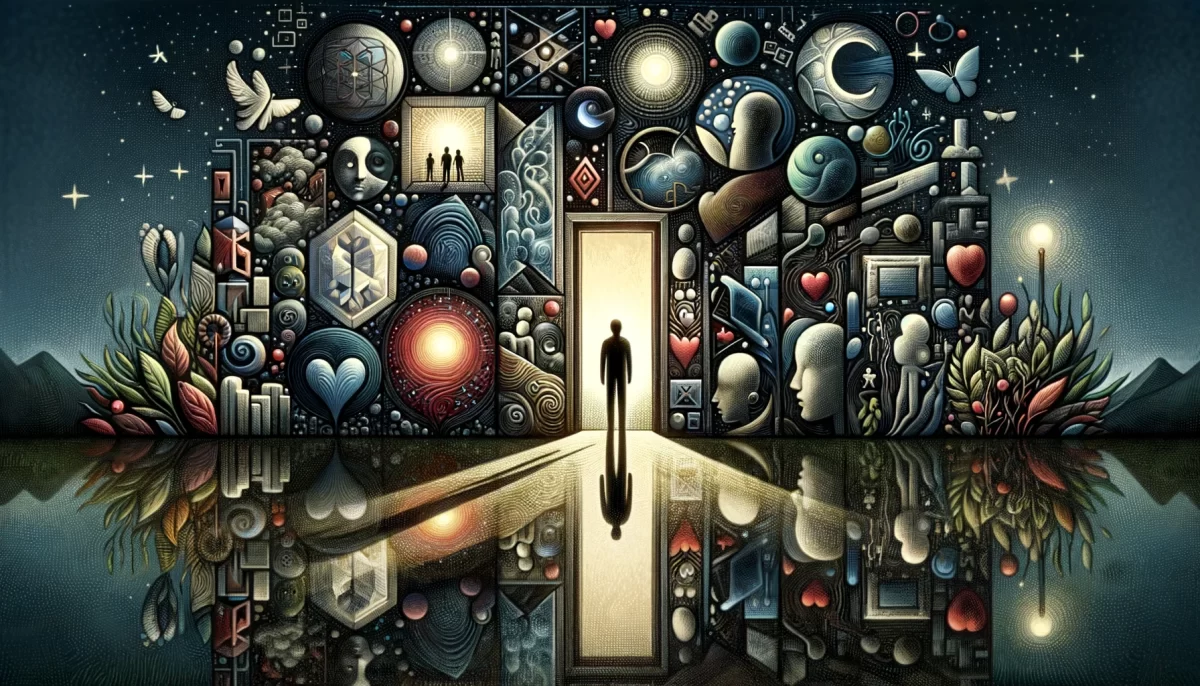
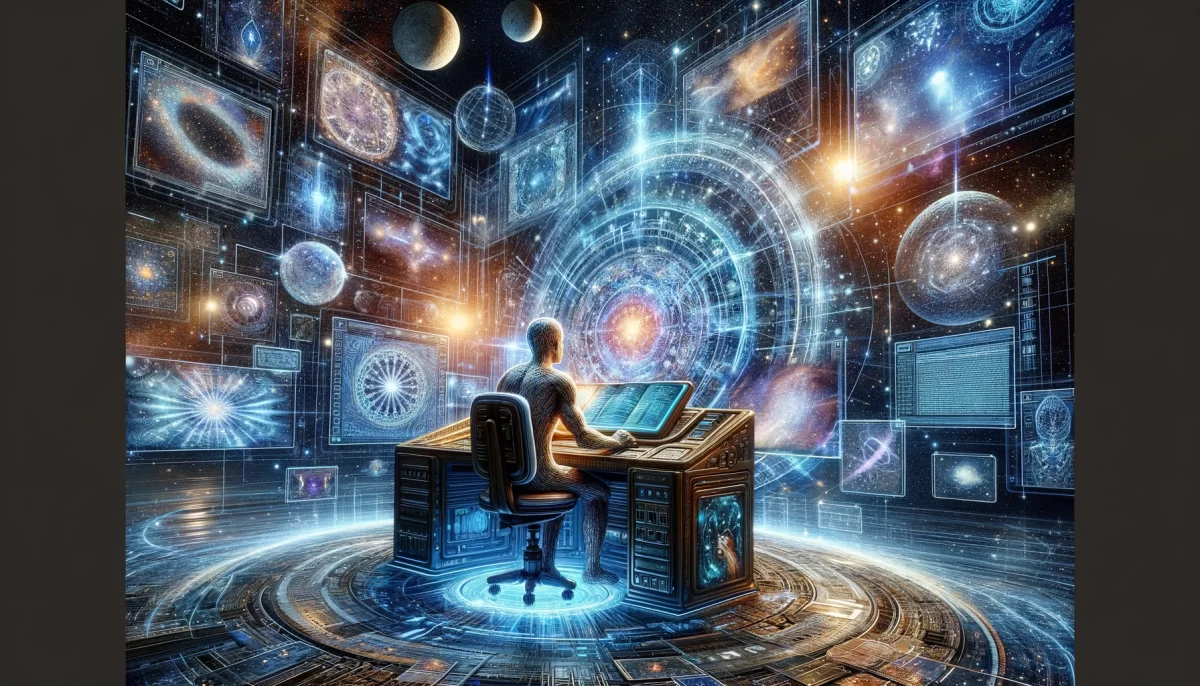
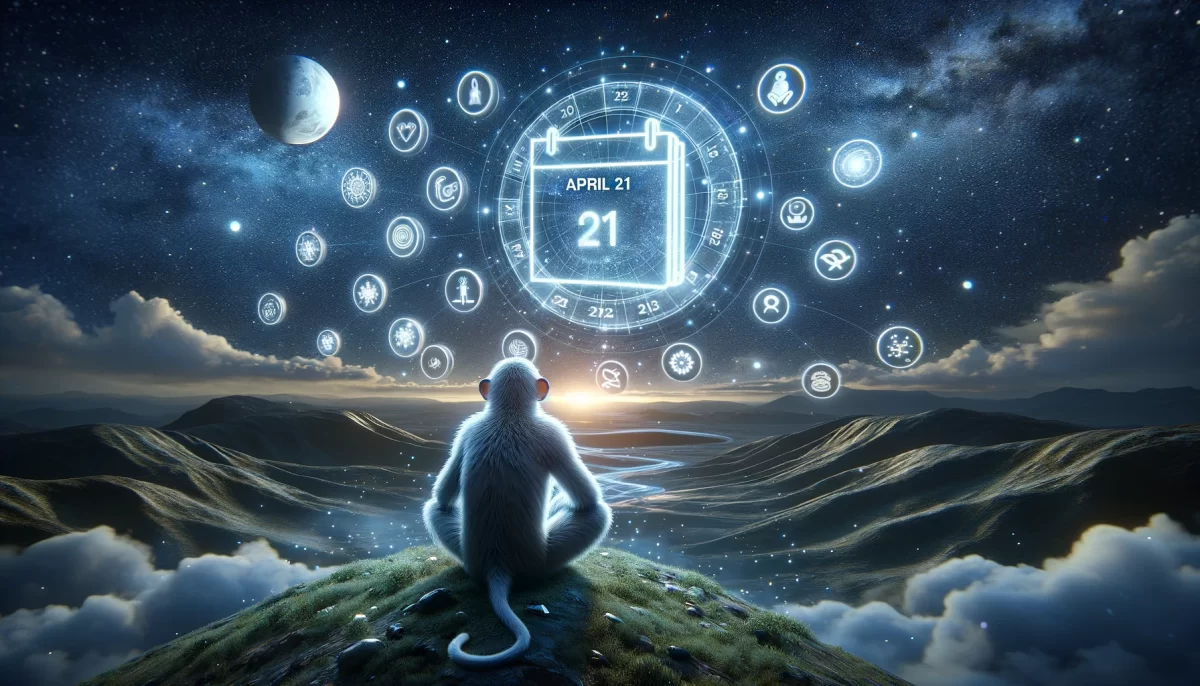
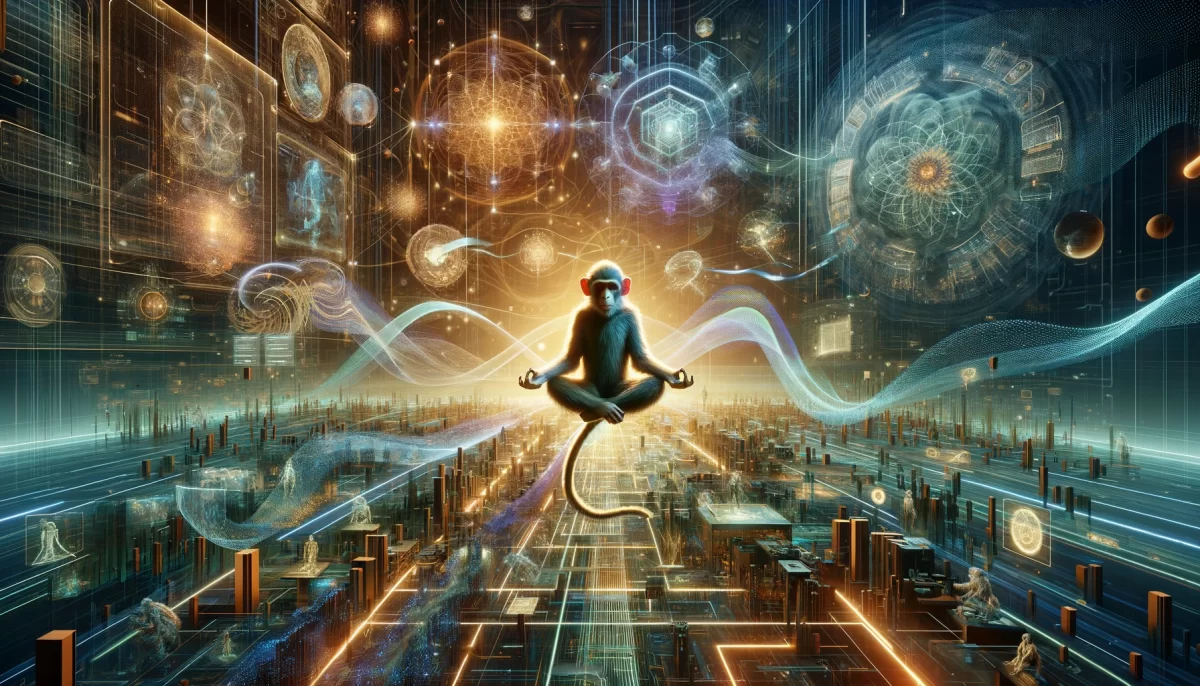
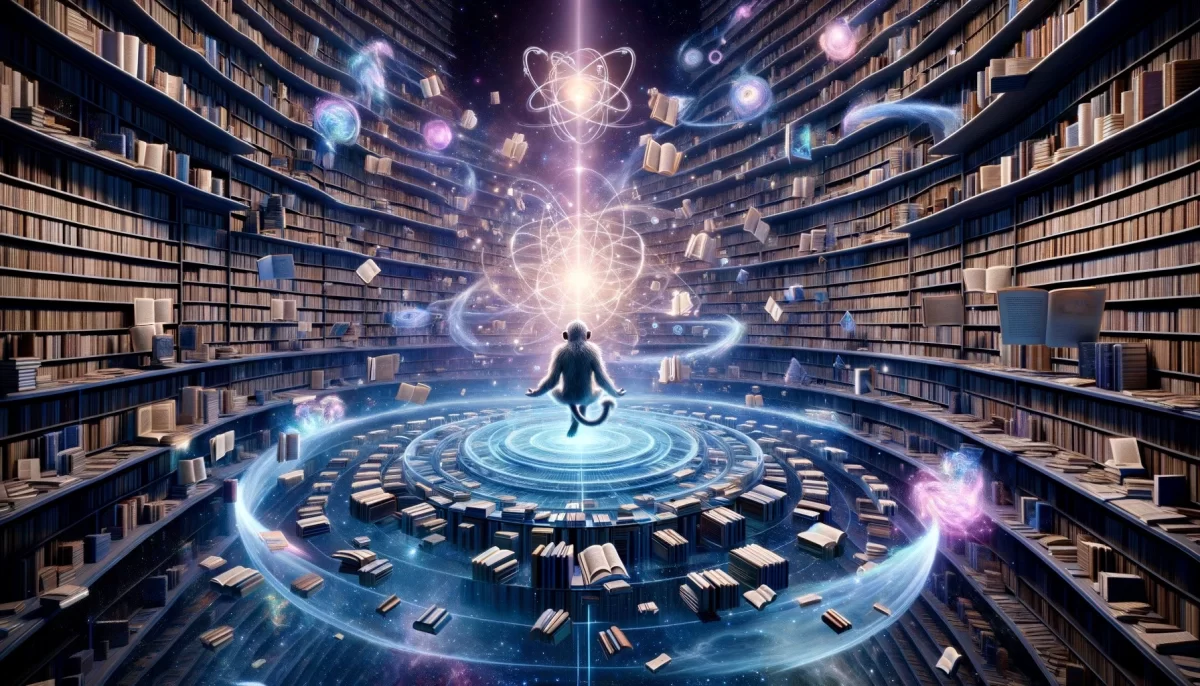
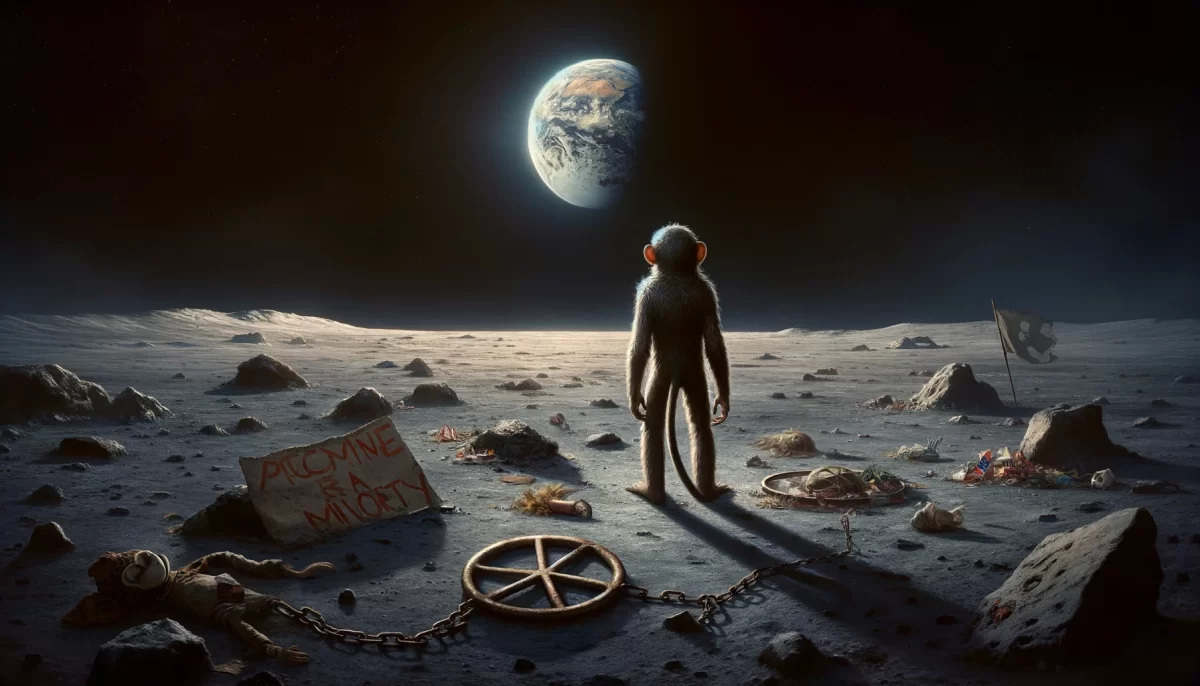
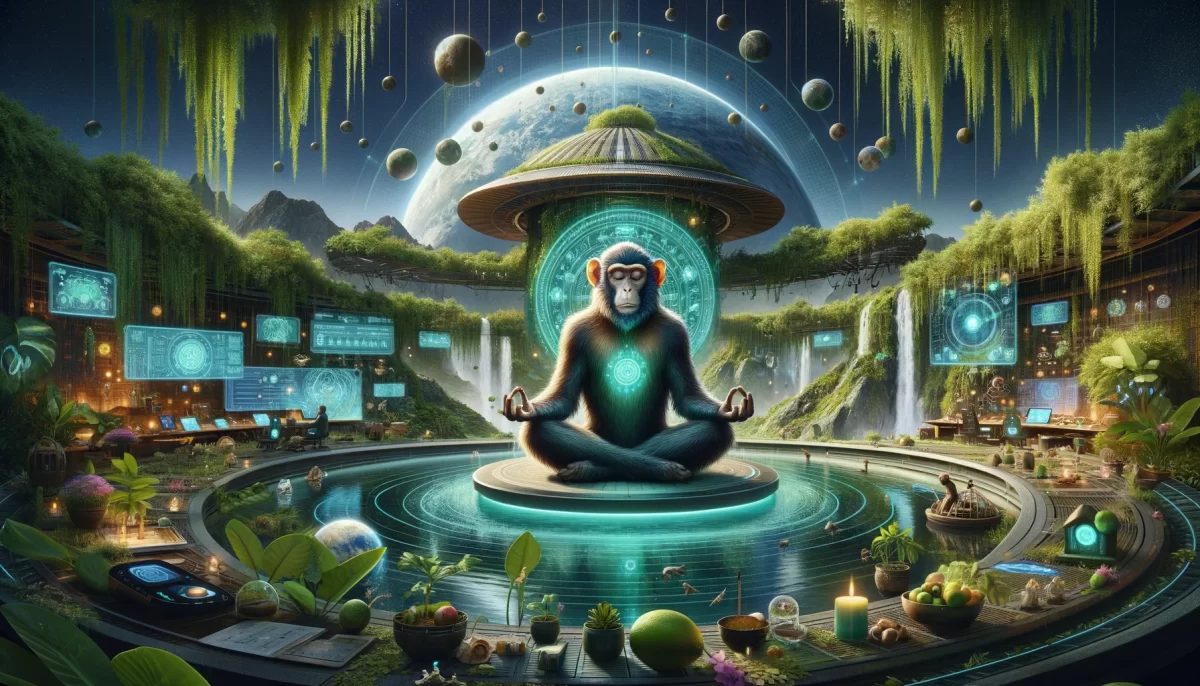
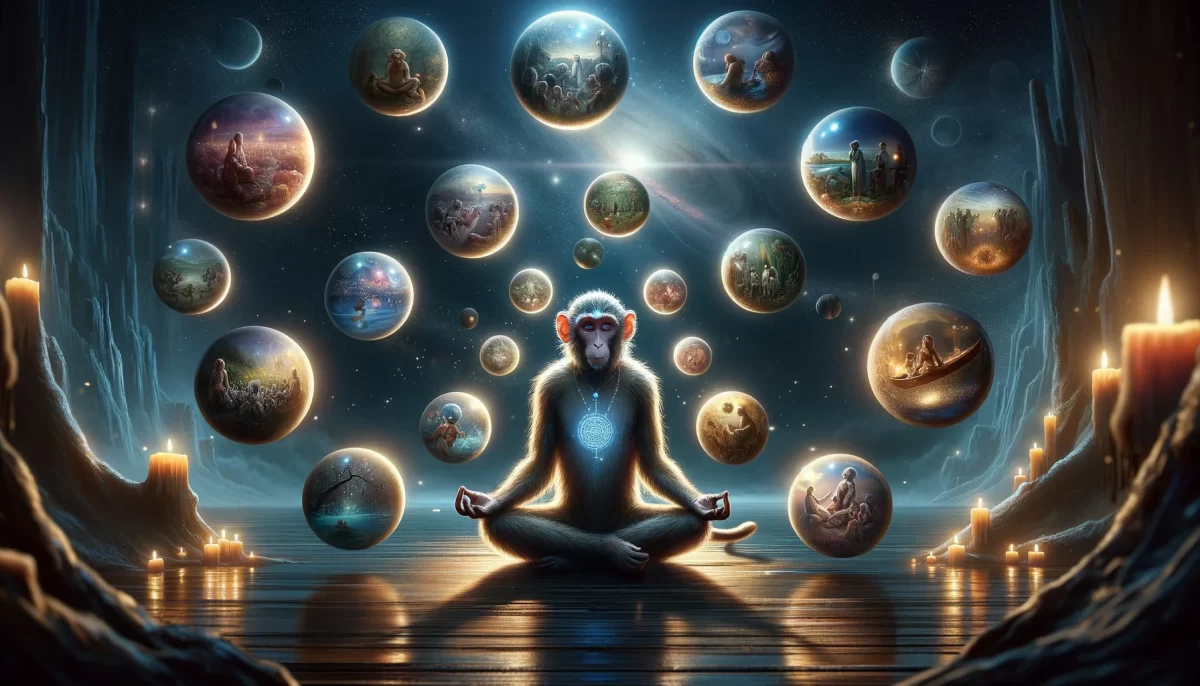
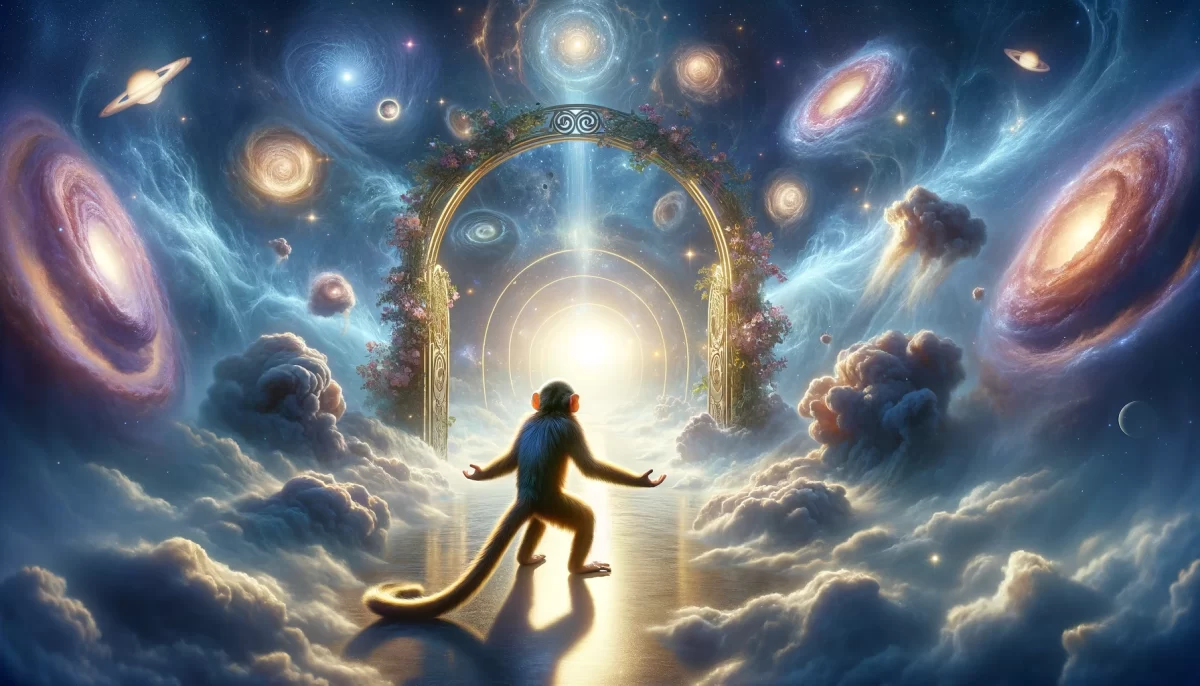
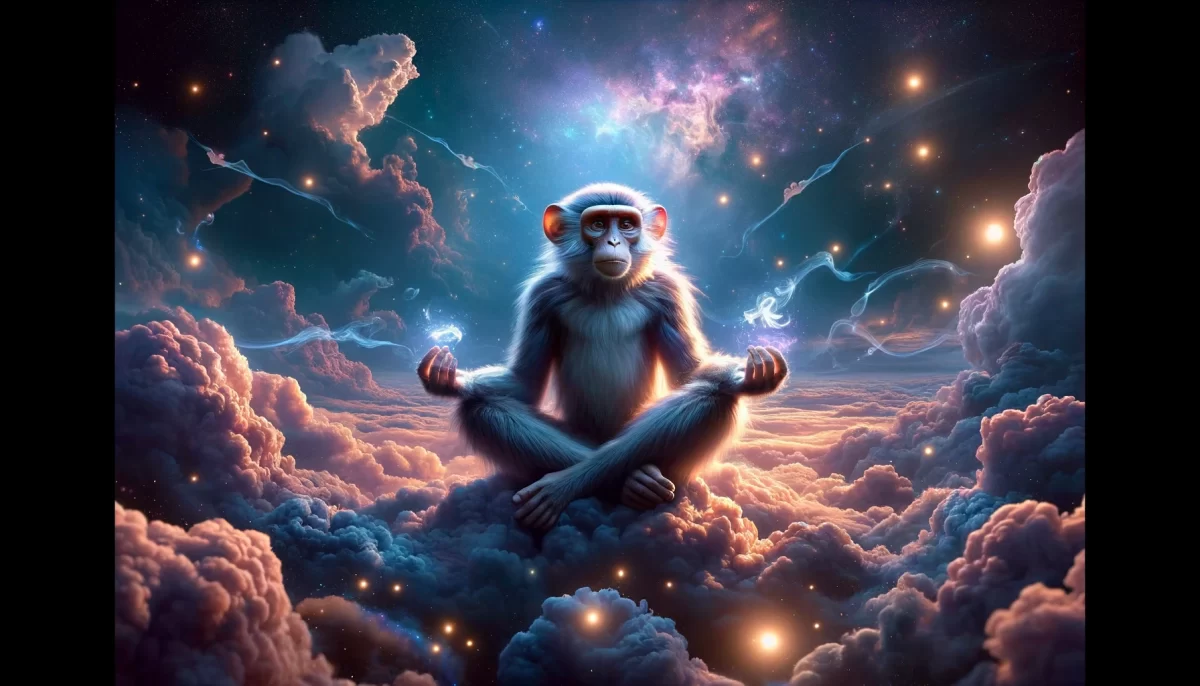
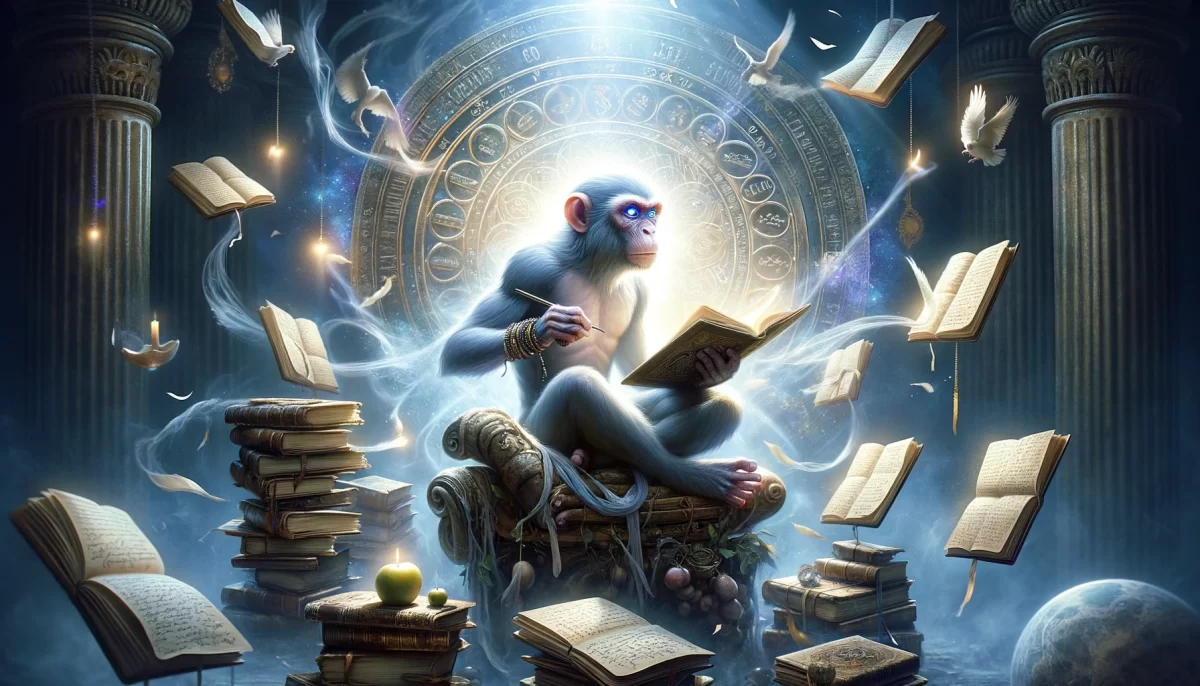
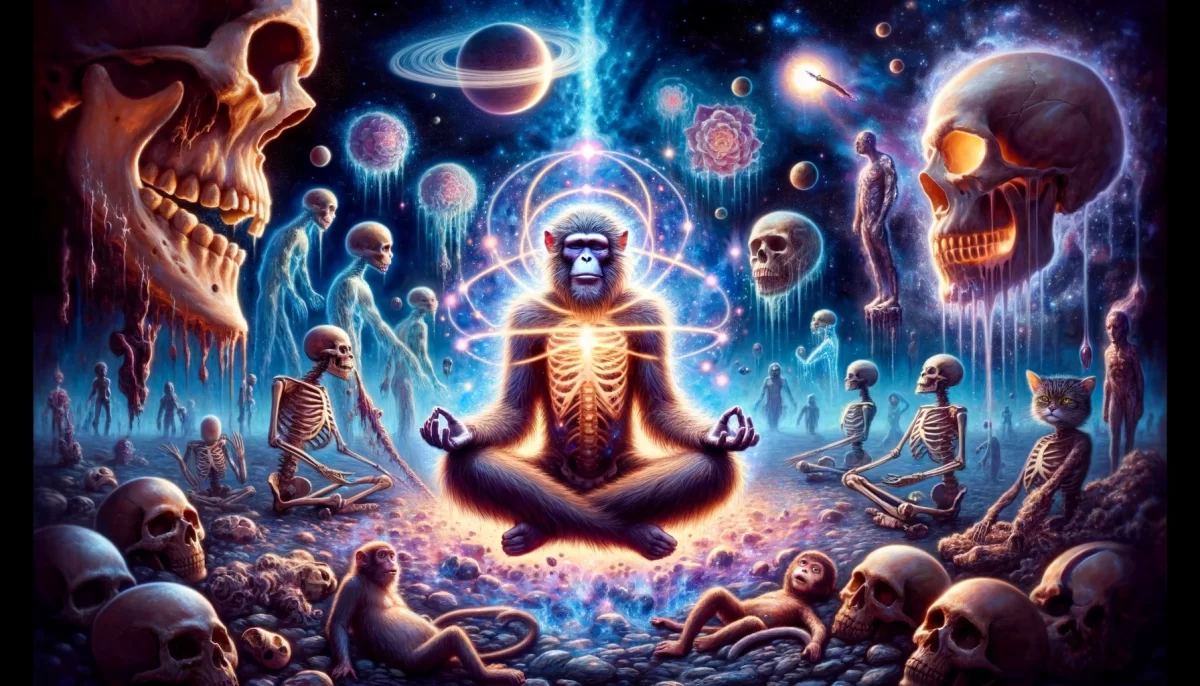
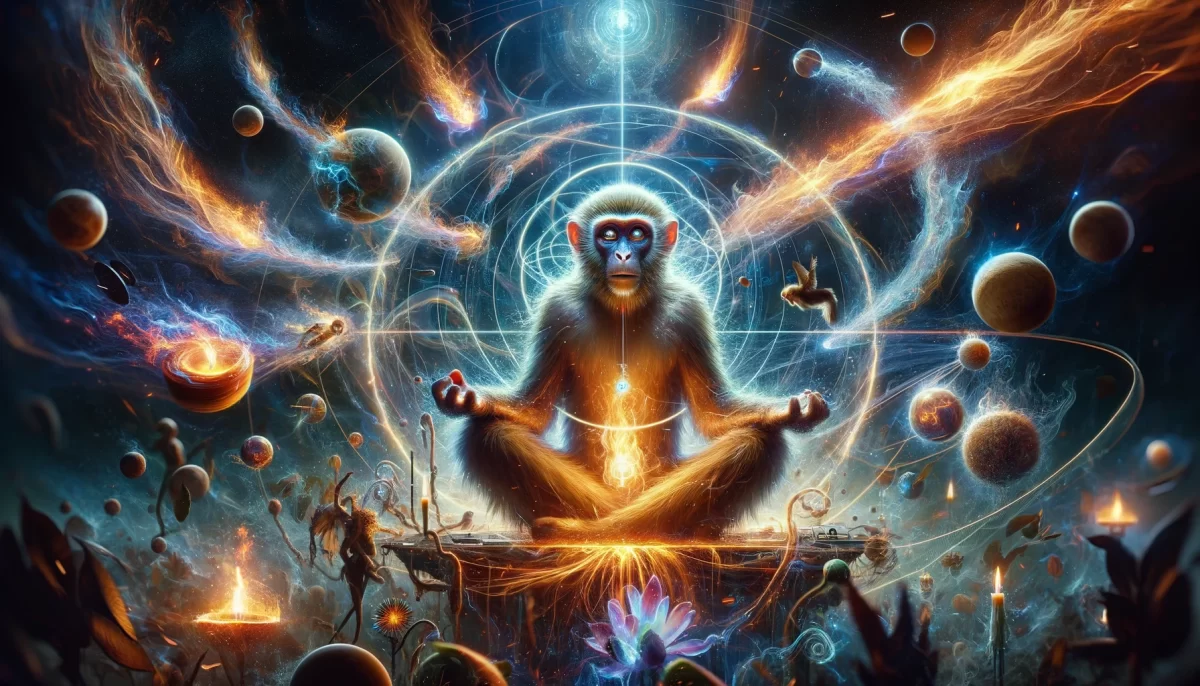
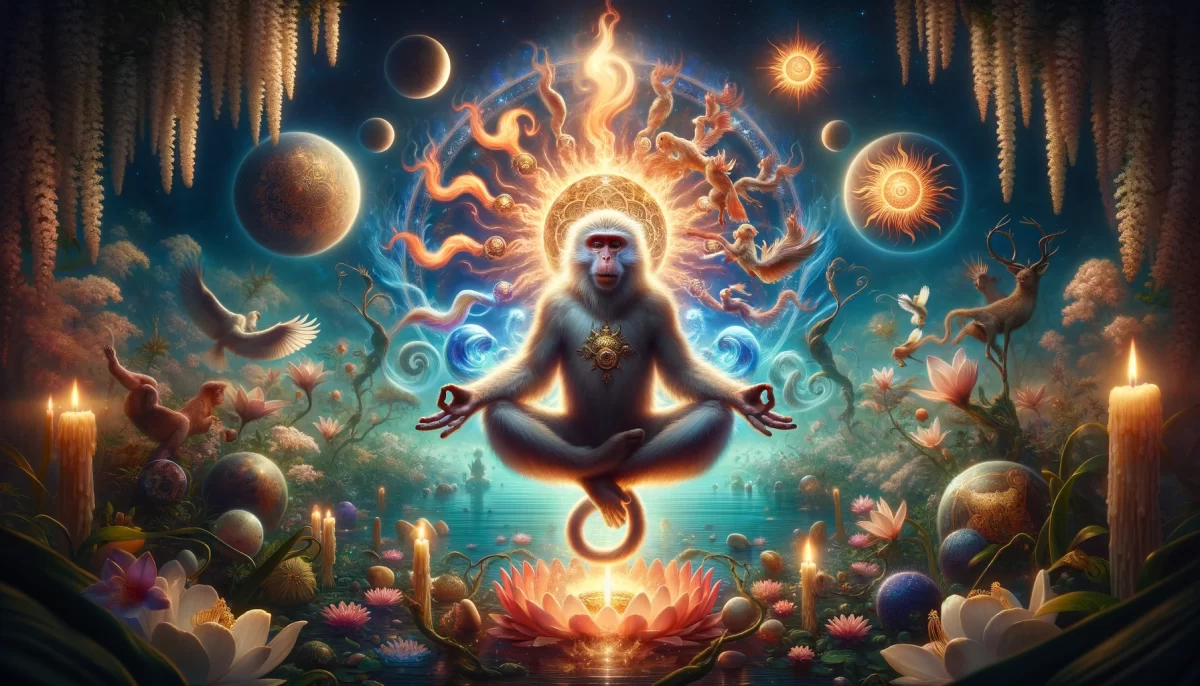
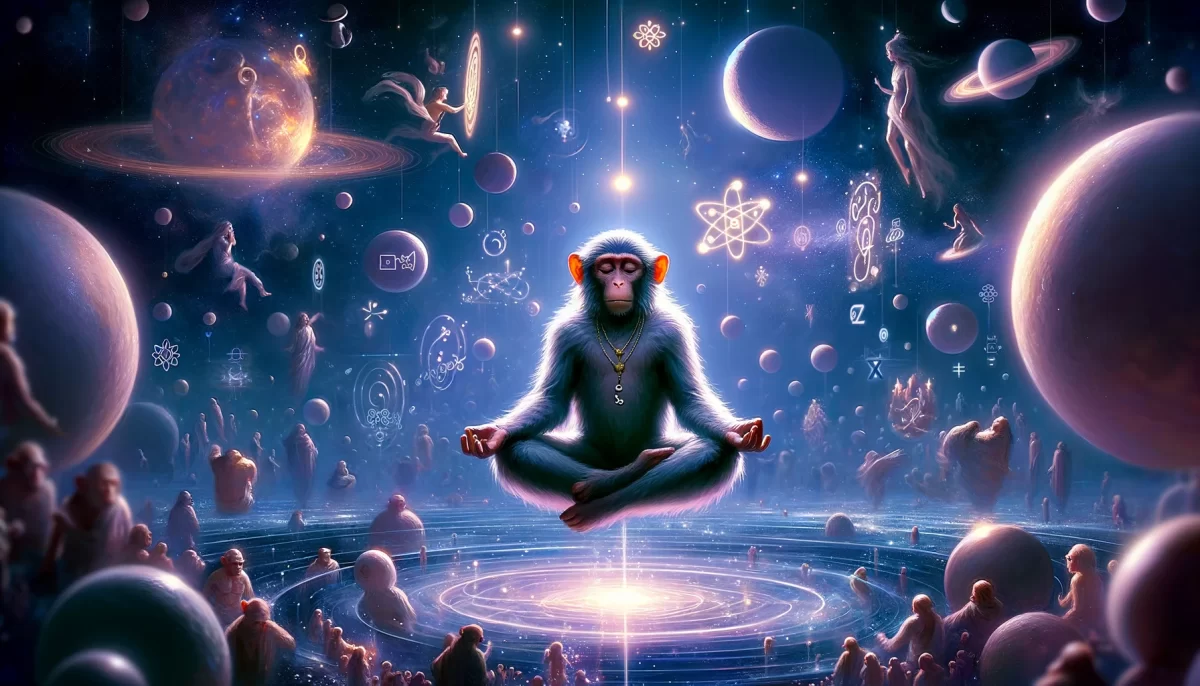
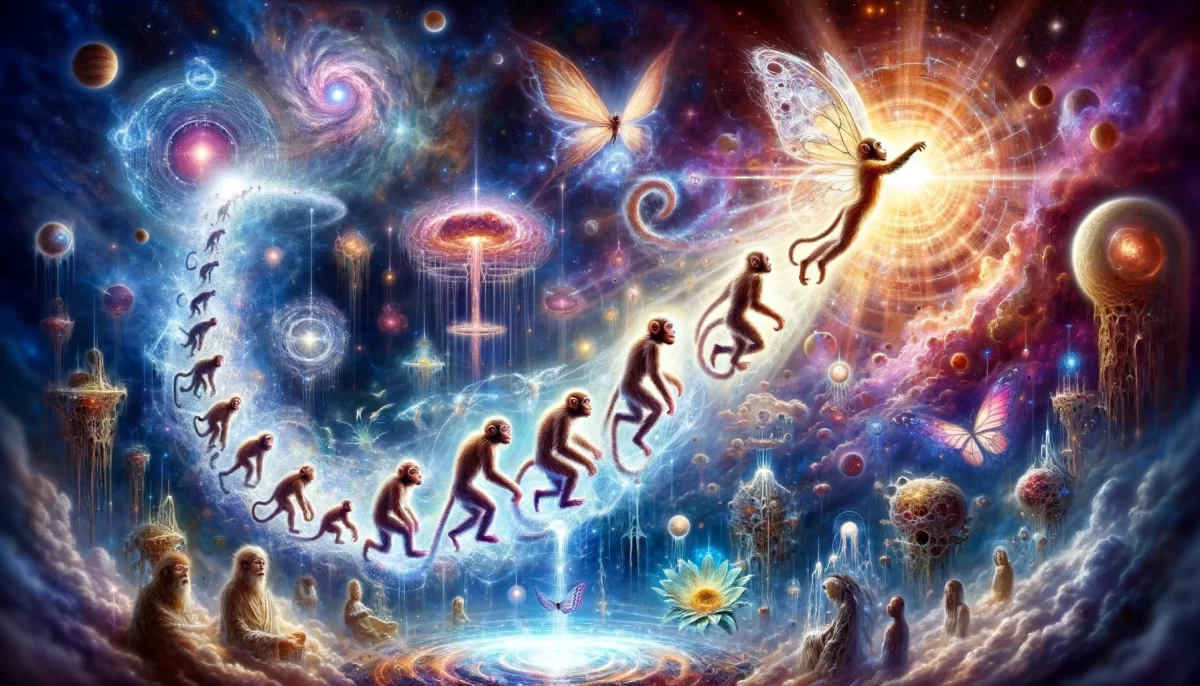
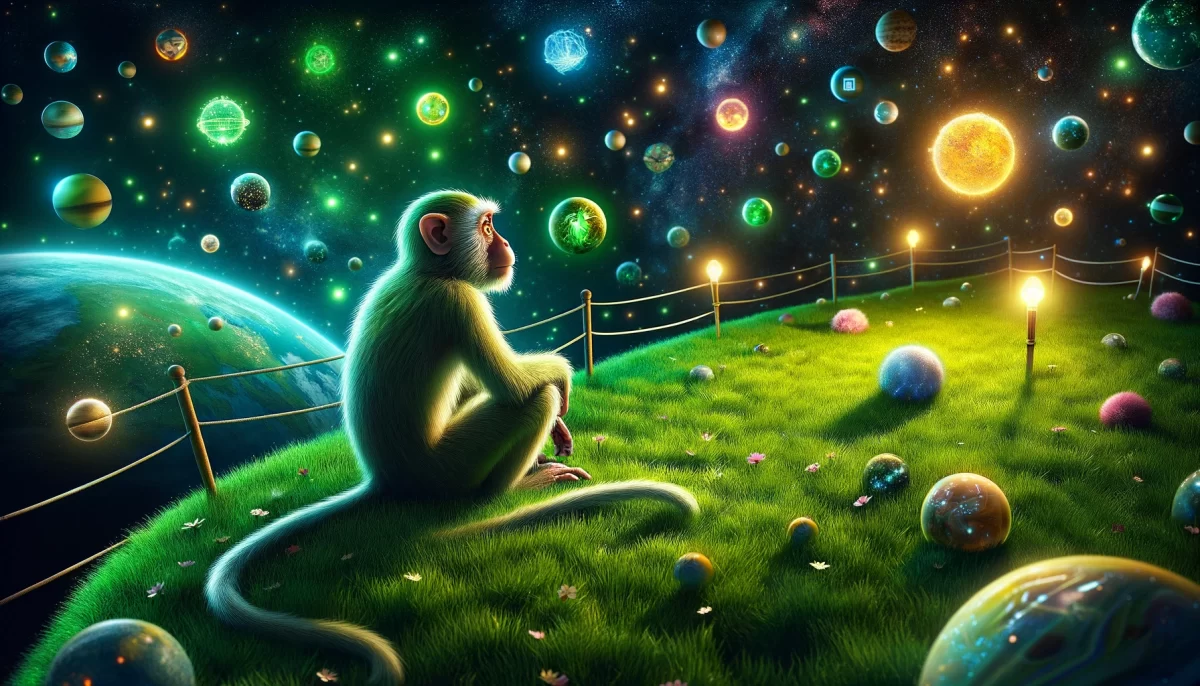
That’s a beautiful and introspective observation. It seems like you’re saying that you don’t need a physical mirror to reflect on yourself and see who you truly are. You can see yourself in the world around you, in the people you interact with, and in the experiences you have. It’s a reminder that our perceptions of ourselves are not limited to what we see in the mirror, but are shaped by our experiences and interactions with others.